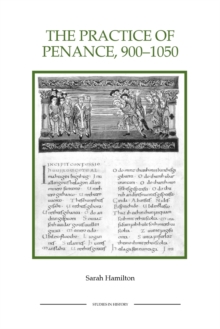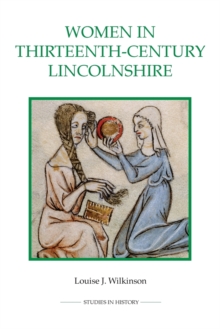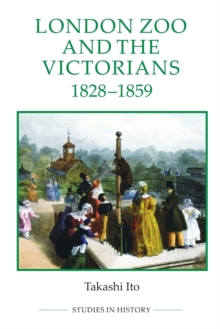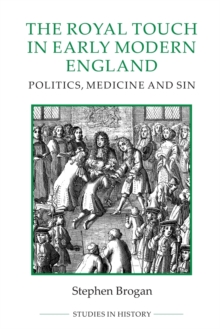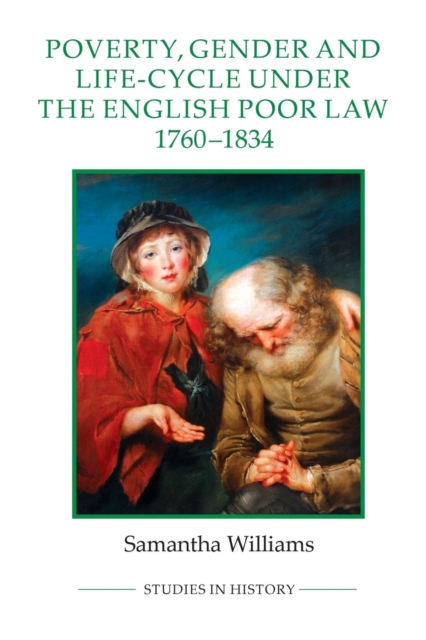
Poverty, Gender and Life-Cycle under the English Poor Law, 1760-1834 Paperback / softback
by Samantha Williams
Part of the Royal Historical Society Studies in History New Series series
Paperback / softback
- Information
Description
Examination of welfare during the last years of the Poor Law, bringing out the impact of poverty on particular sections of society - the lone mother and the elderly. Social welfare, increasingly extensive during the seventeenth and eighteenth centuries, was by the first third of the nineteenth under considerable, and growing, pressure, during a "crisis" period when levels of poverty soared.
This book examines the poor and their families during these final decades of the old Poor Law.
It takes as a case study the lived experience of poor families in two Bedfordshire communities, Campton and Shefford, and contrasts it with the perspectives of other participants in parish politics, from the magistracy to the vestry, and from overseers to village ratepayers.
It explores the problem of rising unemployment, the provision of parish make-work schemes,charitable provision and the wider makeshift economy, together with the attitudes of the ratepayers.
That gender and life-cycle were crucial features of poverty is demonstrated: the lone mother and her dependent children and the elderly dominated the relief rolls.
Poor relief might have been relatively generous but it was not pervasive - child allowances, in particular, were restricted in duration and value - and it by no means approximated to the income of other labouring families.
Poor families must either have had access to additional resources, or led meagre lives. Samantha Williams is a university lecturer in local and regional history at the Institute of ContinuingEducation, Cambridge, and a Bye-Fellow in History, Girton College, Cambridge.
Information
-
In Stock - low on stock, only 1 copy remainingFree UK DeliveryEstimated delivery 2-3 working days
- Format:Paperback / softback
- Pages:208 pages
- Publisher:Boydell & Brewer Ltd
- Publication Date:19/09/2013
- Category:
- ISBN:9781843838661
Other Formats
- PDF from £17.99
Information
-
In Stock - low on stock, only 1 copy remainingFree UK DeliveryEstimated delivery 2-3 working days
- Format:Paperback / softback
- Pages:208 pages
- Publisher:Boydell & Brewer Ltd
- Publication Date:19/09/2013
- Category:
- ISBN:9781843838661
